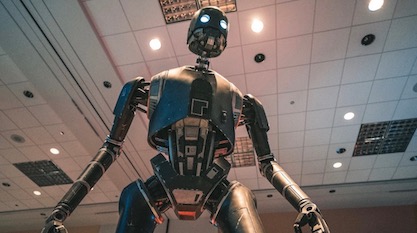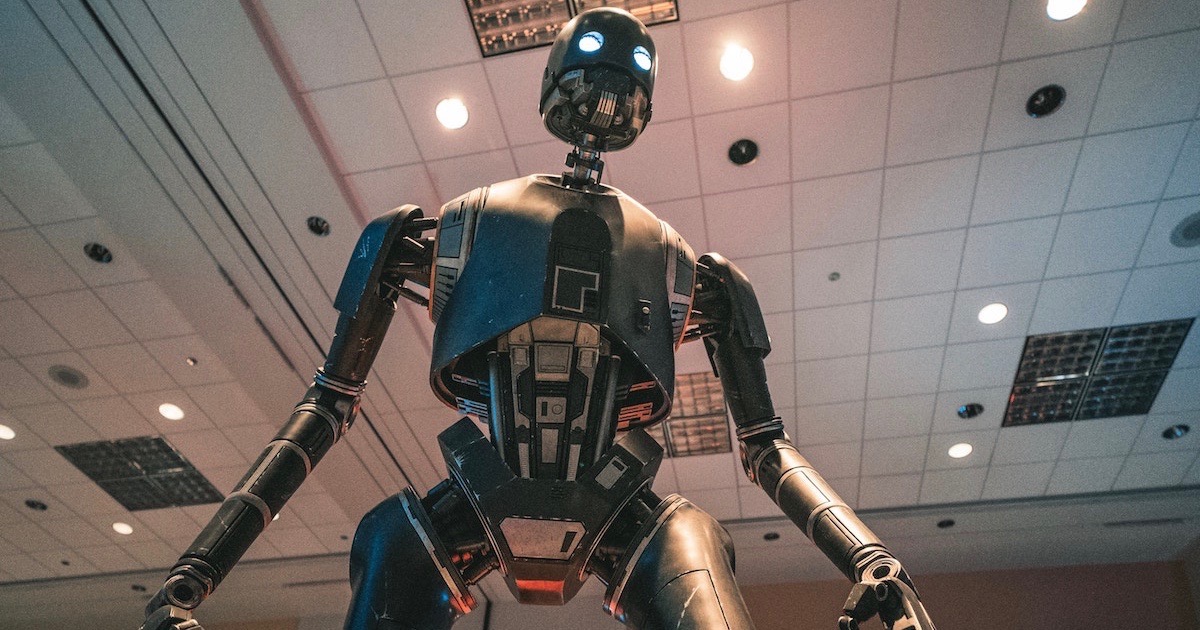 Neuroscience & Mind
Neuroscience & Mind
Robert Marks: Materialism and the AI Delusion


Robert Marks with Discovery Institute’s Bradley Center watched the first episode of Science Uprising and got goosebumps by the end. Yes, it’s a very cool video. At Mind Matters, he notes the relevance for weighing prophecies about the future of artificial intelligence:
In a clip from a now-banned TED talk, biochemist Rupert Sheldrake describes the presupposition of materialist science as the science delusion. He says: “The science delusion is the belief that science already understands the nature of reality in principle leaving only the details to be filled in.”
The presupposed principle is materialism. But such an untested ideological constraint is not science. Pure unsubstantiated materialism can be a brick wall, a roadblock hiding paths of investigation down which we might find evidence.
The materialist view underlies the forecasts of some AI prophets. According to the materialist, human properties like consciousness, creativity, and qualia must be the result of purposeless, as-yet-unidentified physical phenomena. They allow no other alternative.
Since humans are only the “result of purposeless, as-yet-unidentified physical phenomena,” machine are not in any way blocked from becoming what we are and much, much more. After all, AI robots are intelligently designed, while we are not. So why shouldn’t they rise to the heights consciousness and creativity? You see, in arguing with materialists about intelligent design or the limits of AI, we’re really talking about the same thing.
Also at Mind Matters, Brendan Dixon notes, “AI suffers from too many exaggerated headlines which, like inflated titles, promote unreasonable hopes (and fears) by making misleading implied promises.” Agreed, but the point here is that the hype is being generated very predictably from the false philosophical premise that’s exploded by Science Uprising.
Photo credit: Adam Muise via Unsplash.
